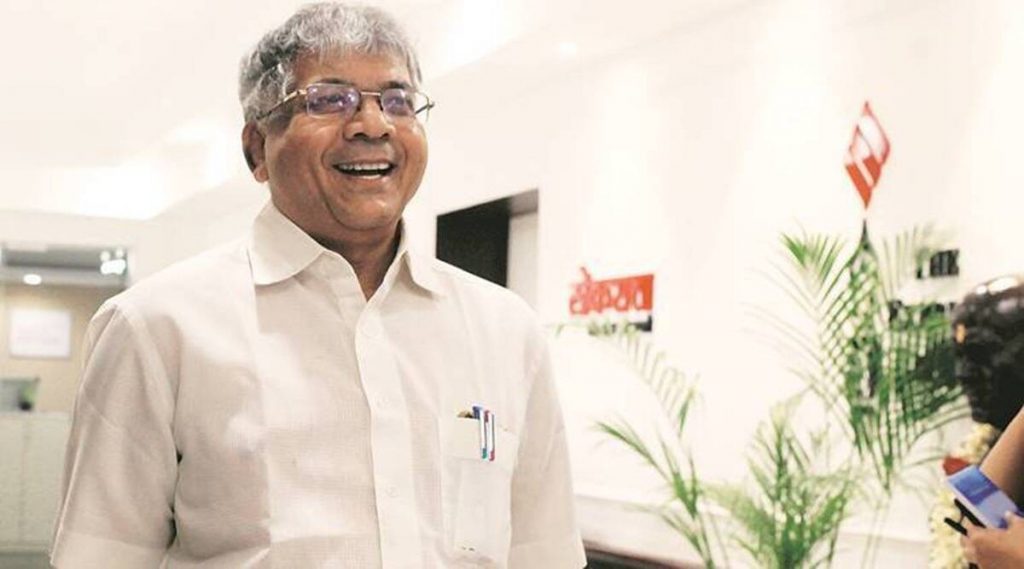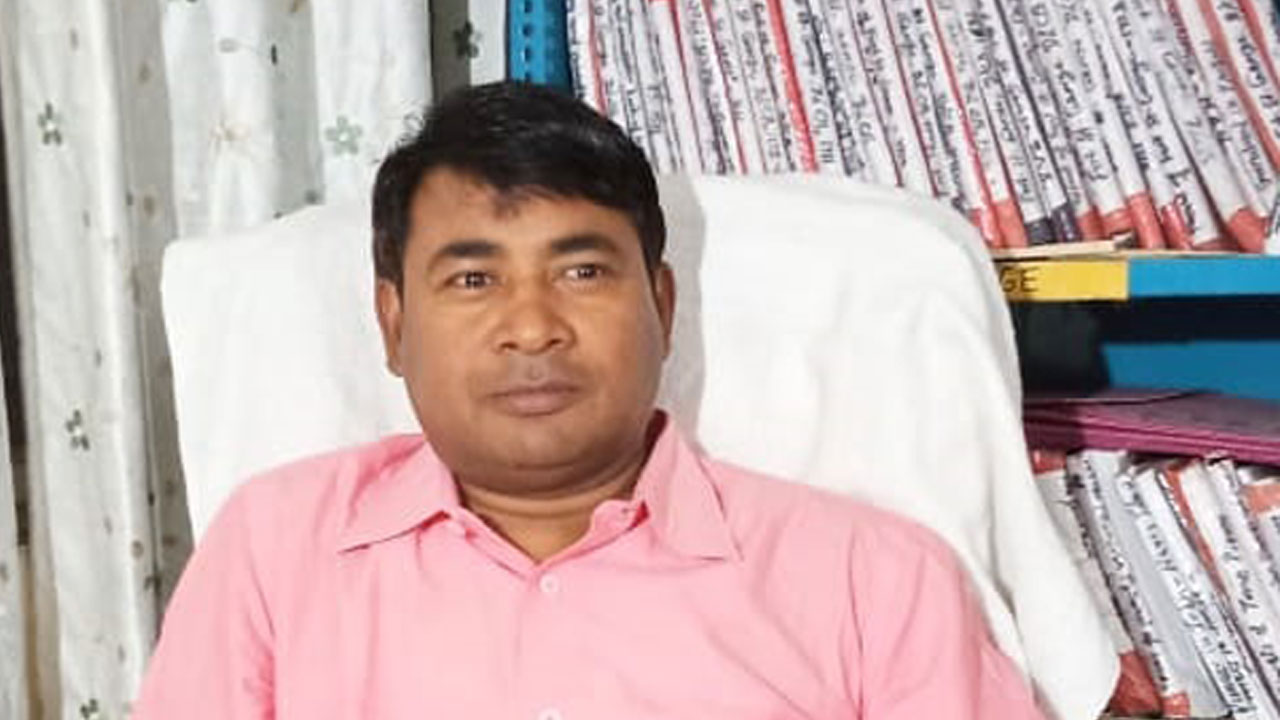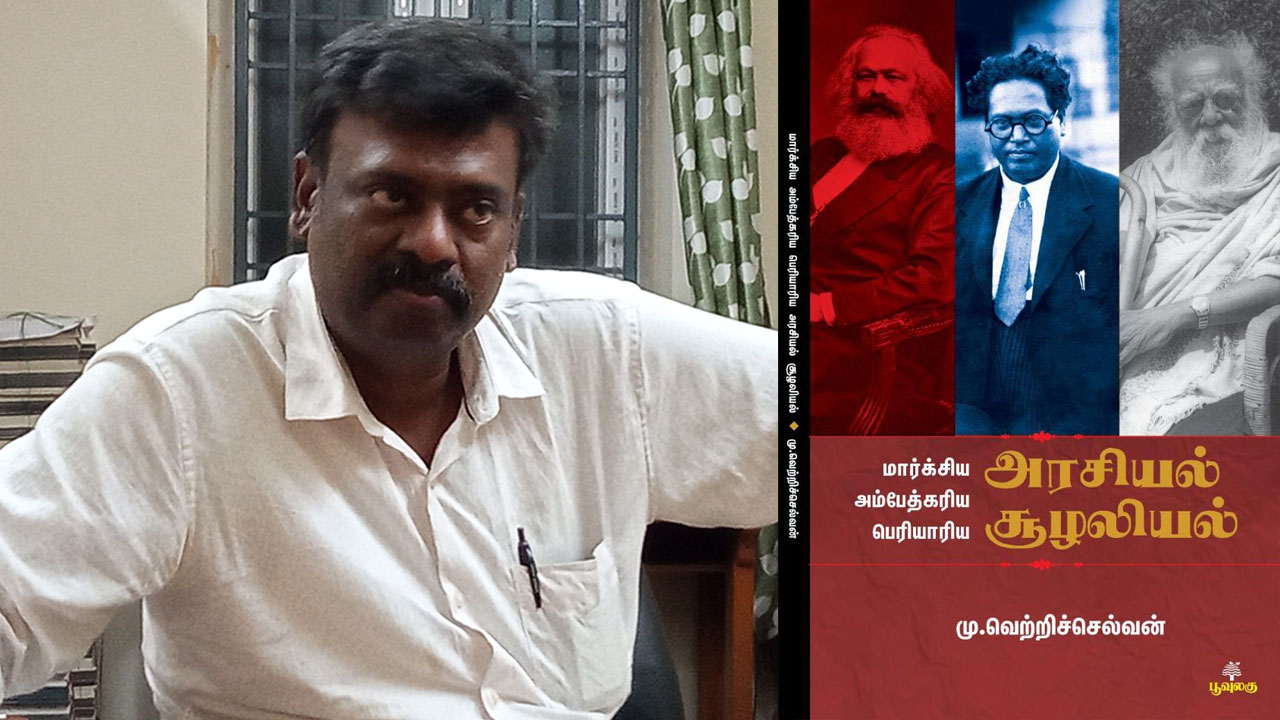On 19 March, while hearing a plea on reservation for Marathas, the Supreme Court raised concerns over the “resultant inequality” if the 50 per cent cap was removed and asked, “For how many generations the reservations will continue?” This comment has triggered a national debate and the Supreme Court is in the line of fire. Prakash Ambedkar, chief of Vanchit Bahujan Aghadi, talked to Nawal Kishore Kumar over the phone on the matter. Edited excerpts of the conversation:
The Supreme Court has asked the government how many generations the reservations will continue for. Your reaction?
It is unfortunate that the Supreme Court is asking such questions. Just three days ago, the Supreme Court, in a case related to reservation for OBCs, ruled that the provision for reservations for SCs and STs was an integral part of the Constitution and could not be done away with. However, it didn’t comment on reservations for the OBCs being Constitutional. We believe that the top court still enjoys the respect of the people. Its dignity is still intact. It is the Supreme Court’s responsibility to maintain its dignity and decorum. But by making such comments, it is splashing muck on itself. Even judges of the lower courts know that reservations are Constitutional. If the Supreme Court is unable to understand such a basic proposition, how will our judicial system function? Their Lordships had better avoid making such comments. If the court wants to say something, let it say it through its judgments. Such off-the-cuff remarks are open to misinterpretations. We believe that the judges of the Supreme Court should not make such comments.

Don’t such comments betray the anti-reservation mindset of the judiciary?
As I have already said, it is up to the Supreme Court to maintain its dignity and decorum. If the judges of the top court are unable to do that, the people are bound to raise their voice against them. They will say that such judges who don’t even know the Constitution – that as long as the Constitution is there, there will be reservations – be removed. Politicians need issues, so they will say these things to serve their interests. But the Supreme Court should understand the intentions of these people – why are they saying these things? They should throw out such issues. The Supreme Court should understand that such issues are being raised just to foment trouble.
The Supreme Court is hearing cases related to OBC reservation. It is being said that an 11-judge Division Bench will be constituted for hearing these cases. It is believed that the Supreme Court will review the entire issue of reservations. It has also asked the state governments to present their views.
Until it is clear on what points the Supreme Court is deliberating, it will be difficult to say anything on the matter. Why does the Supreme Court want to review OBC reservations? Why does it want to constitute an 11-judge Division Bench? It will be improper to comment until there is clarity on these issues.
Intervention by courts, whose objective is to influence the status of reservations – in this situation, what should be the role of political and social organizations?
If the legislature has shortcomings, someone will have to step forward and take the initiative. In many cases, the Supreme Court takes the initiative. If you don’t make the facts available to the court, how will it rule in your favour? As far as reservation in promotions is concerned, the blame must be placed squarely on the then Mayawati government [in Uttar Pradesh]. The Supreme Court sought documents from the government. The Supreme Court told the government that if you want to give reservation in promotions, that’s fine. But you have to tell us whether the quotas for SCs and STs are higher or lower than their proportion in the population. If they are lower, reservation in promotions will be justified. If not, it will be unjust to the others. But the Mayawati government did not provide the data. That is the reason the Supreme Court said that until you present the data, you cannot give reservation in promotions. Other state governments took the cue, started taking similar decisions, saying that they don’t have the data and that collecting and compiling it will take time. The Supreme Court then asked for reservation in promotions to be put on hold until the data became available. Now, we cannot blame only the judiciary for what happened. It is also the responsibility of the politicians to ensure that the documents sought by the courts are provided to them. We don’t have the data, we cannot collect the data – such dilly-dallying tactics show that we do not want to provide the documents. The Supreme Court is then bound to say that until we have the data, we won’t pronounce a judgment and until then, this measure won’t be implemented.
(Translation: Amrish Herdenia; copy-editing: Anil)






